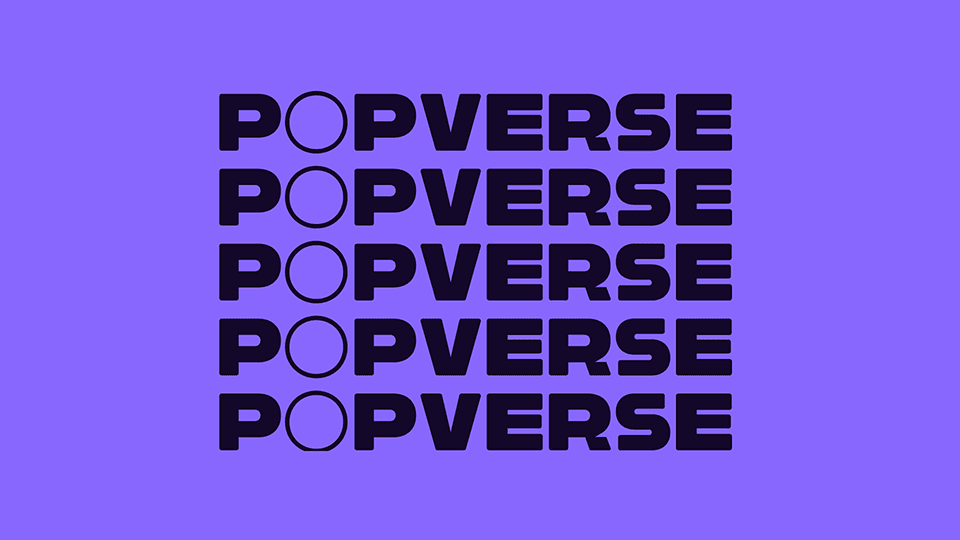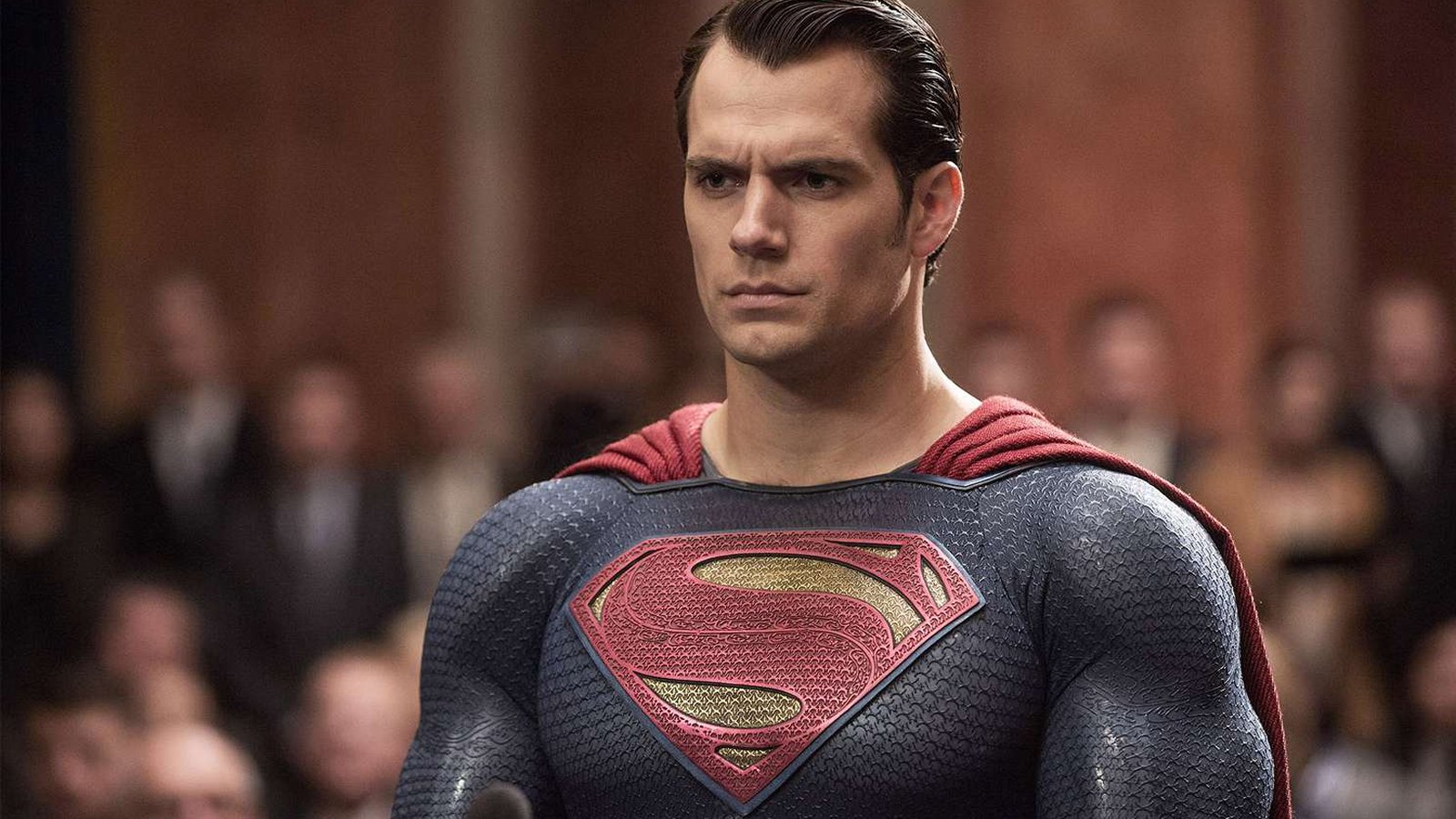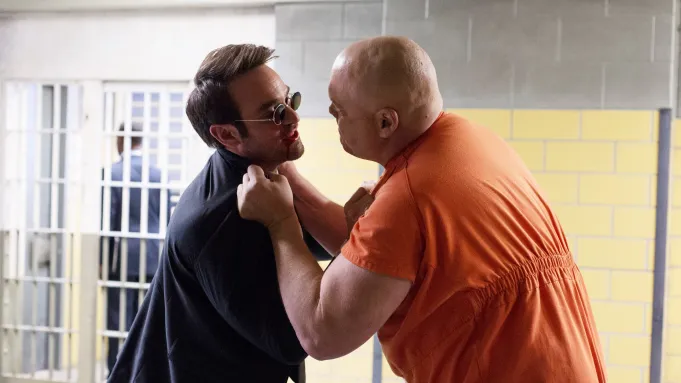If you click on a link and make a purchase we may receive a small commission. Read our editorial policy.
Milestones in History: Denys Cowan & Reginald Hudlin shine a light on real-world heroes
With Milestone Media’s relaunch continuing to gain momentum, the publisher heads Denys Cowan and Reginald Hudlin discuss their long-planned anthology project Milestones in History.

It’s been nearly two years since Milestone Media’s relaunch, and it’s safe to say that the comic book publisher is not losing any momentum. Headed by Milestone co-founder Denys Cowan and writer Reginald Hudlin, the imprint was revived in September 2020 with the one-shot special Milestone Returns. The title reintroduced many of Milestone’s iconic superheroes, including Static and Icon, reimagined to reflect contemporary social issues and events. Since then, Milestone has steadily added new titles to its rebooted Dakotaverse, a shared universe of its major superheroes, while its Earth-M line is headed by the new series Duo, helmed by Greg Pak and Khoi Pham, reimagining the fan-favorite Milestone character Xombi.
Milestone’s latest title is a longtime labor of love for Cowan and Hudlin, the anthology special Milestones in History. As introduced in a prologue by the Milestone superheroes, the anthology compiles a set of short stories covering historical figures in Black history that have inspired the roster of creative teams bringing these accounts to life. For Hudlin and Cowan, who curated and oversaw the creative teams involved with Milestones in History, the project marks what Milestone is all about while presenting a set of informative and accessible stories, inviting for readers of all ages.
In an interview with Popverse, Cowan and Hudlin share the origins behind Milestones in History, highlight several of the creative teams and their stories included in the anthology special, and explain how the title and inaugural Earth-M series Duo help capture the relaunched Milestone Media’s mission statement.

Popverse: Like Icon says in the prologue to this anthology, this is a comic that showcases key moments in history that inspired you. How was it putting together this special and curating the talent involved?
Reginald Hudlin: Artistically, it was pure joy. Denys and I had talked about doing books like this for years, this was always a high agenda item for us with the relaunch of Milestone. The actual logistics were nightmarish because everyone we were going out to, the artists and writers, they all have very busy careers. They were all super excited by the subject matter but just managing this many creative teams, and this much research was very ambitious.
Denys Cowan: One of the craziest things about comics is that they’re not easy to do, it’s a lot of work. You’re with editors, rewrites, giving artistic direction, you’re doing a lot of stuff in terms of just writing. It can quickly become overwhelming, especially if you’re trying to fit it in with something else; now you’ve got this whole full-time thing you agreed to do. It’s a lot, it’s a challenge.
How was it pairing creative teams with historical figures?
Cowan: It was figuring out who we wanted to do first and then matching the people.
Hudlin: Denys and I made these long lists, not just a list but lists over the years because we had been carrying this dream along for awhile, not doing the most obvious [figures]. We’re not going to do Harriet Tubman, Martin Luther King – not that they’re not awesome, they are, but we’ve seen those books. What about everybody else? We checked with our friends; I was thinking about my writer friends and Denys was thinking about his artist friends.
Sometimes it’s easy casting, like Pat Charles and I had been talking about Eugene Bullard a lot, why hasn’t anyone told his story. He always had an interest in comics, so he was a no-brainer. Alice Randall is easily one of the smartest people I know. I know a lot of smart people but Alice is off the charts, so I knew she could do Alexander Pushkin in her sleep but I said 'Would you do Lucy and the beginning of humanity?' In both cases she dove in. People are tempted to say these books are for goods but it’s so good and I’m learning reading this!
Cowan: You’ve got Touré, who is a Prince expert, has written books about Prince, has a podcast about Prince; he should do Prince.
Hudlin: Denys and I had worked with Steven Barnes on a Hannibal project so he knew he was ready to go on that one. His wife, what an awesome power couple they are, we gave her a bunch of different options. She picked the Dumas family, which is one of my personal favorites, and she had a great time doing that. Karyn Parsons, I had done a movie with, and I knew she had done some children’s books but not comic books. I reached out and asked if she knew Katherine Dunham and she went 'Katherine Dunham?!' [laughs]
Cowan: We’ve got our artists Ray-Anthony Height, Jamal Igle, Don Hudson, Ron Wilson, Arvell Jones. Arvell and Ron are two of the Black artists who got me into comics when I was a kid working for Neal Adams, the first Black artists I met were Ron and Arvell. They took me under their wing and taught me how to do comics and survive in this industry. It was a real pleasure for me to see them bring their work and help us out on our project, that was an incredible thing to see.

Denys, as a prolific artist yourself, what do you look for in artists on the visual side of things?
Cowan: What I look for in an artist are the same kind of qualities that I have or maybe the qualities that I don’t have that I wish I had. I’m always looking for people who can tell a story, first and foremost. Are you a good storyteller? Can you put panels together so that it makes sense? Do I need to have the words to really understand what’s going on or are the words helping me to have a more enriching experience?
I look for drawing ability, I’m not so much caught up in the style of the moment or anything like that. It’s mostly drawing ability and if you can tell an exciting story. All the artists that we mentioned are very solid, great fundamentals and storytelling and a great passion for the stories they were illustrating, and that's what we needed.
Hudlin: One of the things I love about what Denys did is he’s got multiple generations in this, from legends to who’s hot right now to the next generation coming up. That’s a bit of Black history in it of itself!
Of all the Black musicians through history, what made Prince the artist that you wanted to focus on in this anthology?
Hudlin: You’re right, we discussed everybody – Duke Ellington, Miles Davis – because Denys and I are both super passionate about music and it was a couple different factors that all came together. Prince has a history with Denys and Dwayne McDuffie because they worked with him and did comics together. So he’s an extended member of the Milestone family from that history.
We also wanted to cover different periods in history, so we thought of who is a contemporary artist that represents the history of Black music and we thought Prince is great. If you’re doing Prince, in some way, you’re also doing Chuck Berry and Little Richard because he represents that continuum. We also knew that we would have a great writer in Touré, who could write it with great expertise. It felt like a singular point with great pieces coming together to nail it, and Ray-Anthony Height did an amazing job.
Cowan: He did a great job, and I was just personally waiting to see if someone was going to outdo what Dwayne and I did on Prince. I threw down the gauntlet, and Ray just blew us out of the water. [laughs] You always want people to do better than you, in a way, in another way you don’t want that at all. [laughs]
Hudlin: From that first panel, with Prince playing his guitar and his blouse ripping open to show the Superman “S” –
Cowan: – from that moment, he already won! I guess we’re done here. [laughs]

Alice Randall and Eric Battle’s look at Lucy sort of serves as a mission statement for the book, chronicling Africa as the cradle of human civilization before celebrating all interconnected walks of life. Why did you want to have that story right after the prologue?
Hudlin: It kind of came from when my children were beginning elementary school, they would ask parents to do a presentation on Black History Month and I was glad to do it. They showed me what some previous parents had done and they all were well-intentioned but they did what I would never do and started Black history with slavery. We’re not telling the history of Black oppression, we’re telling Black history, of which there were thousands and thousands of years before we got to that.
One of the things I would tell these kids is that humanity started in Africa, fundamentally, we’re all African. Telling the story of Black history is telling the story of world history. I’ve done that with little kids who are not yet in first grade, and they get it once you explain. So I said we should start there because of the beginning of humanity is the beginning of Black history. I thought just that placement, this is how we’re telling the story, which is not how it’s normally told. We want to start changing your mind from the very beginning.
With that in mind, were there any content guidelines to the creative teams regarding things like violence to keep the story family-friendly?
Hudlin: No, we have families and we were making this book for ourselves and our kids.
Cowan: We know what they can take and what they can’t take! [laughs]
Hudlin: Kids can take a lot. I was always saying inappropriate things and I see how my kids can say inappropriate things, they have those kinds of movies on their phone. We knew we didn’t have to be kiddie, I wanted to make a book that everyone could read. I was telling a friend of mine the Eugene Bullard story, that Eugene Bullard would go on spy missions with Josephine Baker, and the woman I was speaking with was like 'Wait, Josephine Baker was a spy?!' Everyone needs this book, it’s not just for the kids.
Cowan: This is a book a parent could hand to their kid, and I want a kid to get it, see the superhero characters on the cover with the Black, historical characters and go 'I have to look at this, I have to read it!' It’s not dry history or boring, it's a compelling thing to get, so you’re going to check it out and look at it. If you’re a parent, you’re just going to get that for your kid.
Hudlin: What I recommend is that parents read it with their kids and parents might want to read it first because your kid is going to get excited and ask questions –
Cowan: – and you won’t know! [laughs]
Hudlin: You might want to prep! [laughs]
Cowan: We want the parents to read it and then give it to their kids to be prepared for whatever questions they might ask.
Hudlin: A friend of mine used to read Black Panther to his son before they went to bed, that was their bedtime reading and that really touched me. That’s the dream, father-son bonding because of my book. If Black Panther worked, this is going to annihilate, this is perfect.

With you both compiling a list of historical figures for years, was there anyone you wanted to include that didn’t quite make the cut for this anthology?
Cowan: Well, those are for Vol. 2, right?
Hudlin: They didn’t make this edition.
Cowan: But they are going to make the next edition. There are plenty of people, some of the more obvious ones we mentioned.
Hudlin: When you do something that’s never been done before, the first one is the hardest one because no one knows what you’re talking about but you just roll with it. That’s my and Denys’ whole career, we’re doing things that have never been done, and everyone thinks you’re crazy until you get the other side.
Cowan: And then a lot of people try to copy you, always.
Milestones in History comes out in the middle of this ambitious resurgence for Milestone, from the relaunch of the Dakotaverse to the launch of Earth-M. Where does this anthology and other nonfiction titles fit in this expanding ecosystem?
Hudlin: Denys and I talk about this all the time. We love comics, we read every comic, like Gold Key, Harvey, it didn’t matter.
Cowan: Golden Legacy, which had the story of Frederick Douglass and Crispus Attucks. They were all comics to me, and they were all great.
Hudlin: We don’t feel any limitations in terms of style, subject matter, or audience. We love them all as customers, and we love making them as publishers.
I would love to see a second volume of Milestones in History and, being from D.C., Duke Ellington and Ella Fitzgerald would be particularly awesome.
Cowan: I don’t think Duke Ellington’s life has been covered in comic-form before. I know Miles Davis and John Coltrane have, but I haven’t seen one on Duke Ellington.
Hudlin: The older I get, the more I get obsessed with Duke Ellington, both musically and as a role model. There are so many musical artists alone, we could do a book just on musical artists through time.
Cowan: We could do Nat King Cole or Sam Cooke.
Hudlin: We could do Beethoven!

Cowan: He was Black! There’s a lot!
Hudlin: We’re only doing four pages, there’s a lot more Prince. We’re having fun, and this is the kind of book where the impact isn’t just about the initial sales, this is the kind of book that has resonance. Someone reads this at eight-years old and, at 28, you see their lives have changed because of this book they read when they were eight because that’s what happened to me and Denys.
Milestones in History comes out as Duo continues the Earth-M line with Milestone’s relaunch. What was it about the Earth-M initiative that you wanted to bring to the table?
Hudlin: When we first got together and talked about relaunching Milestone, one of the first decision points was that we weren’t going to be a nostalgia label. Yes, we’re going to bring back the original characters, but we’re going to reinvent them for this era because what Denys and the team did in the first place was to do something completely cutting edge.
Cowan: We weren’t going to do deja vu all over again.
Hudlin: How do we be as provocative now as they were back then? That means we can’t just be doing those characters [again], we want to invent new characters from what’s happening now. We also had a deep commitment to diversity which we always had. We’ve always had Black, Asian, gay, straight, trans characters, Milestone was always a leader in that regard. When I get my copies of Duo and read it, I love this book so much. I love working with Greg Pak, he’s a writer I’ve been a giant fan of. And Khoi Pham, the artist, he’s so great!
Cowan: There’s a chemistry to it that is so good, and it’s so seamless that it feels like one person did it. That’s what I feel like when I look at Duo, it feels like the work of one person, not like a couple people, including a colorist and everything. It feels like one coherent thing, and it’s really a beautiful book. Milestone was always interested in really diverse books but also really diverse creators, like Reggie just mentioned, it sounds like our talent pool.
We’re trying to reflect in our books what our talent’s lives were, that was important to us, and it wasn’t always comfortable. Stuff like this takes you way out of your comfort zone with some stuff that you don’t even understand but you give it a voice and let it out in a comic and look what happens. That was certainly behind the Milestone Initiative too, getting kids and people of color an opportunity to get into comics.
Hudlin: With Duo, I love it because it’s a great book and it’s everything that we’re about. We’re as proud of that as we are in Milestones in History.
We’re doing what we said we were going to do, sitting down and making out a plan and now look at the plan.
Milestones of History #1 is currently available online and at comic shops.
Meet Duo, the new Milestone/DC superhero who might change your view on couples bonding
Follow Popverse for upcoming event coverage and news
Find out how we conduct our review by reading our review policy
Let Popverse be your tour guide through the wilderness of pop culture
Sign in and let us help you find your new favorite thing.
















Comments
Want to join the discussion? Please activate your account first.
Visit Reedpop ID if you need to resend the confirmation email.